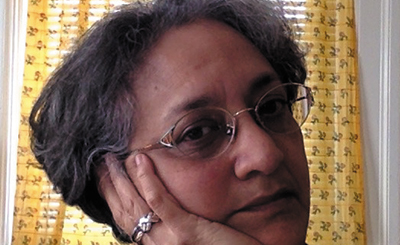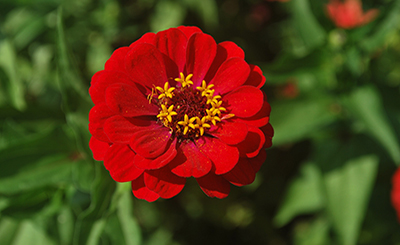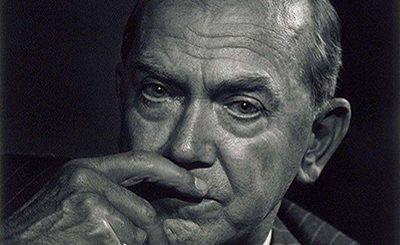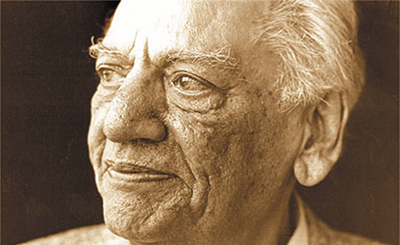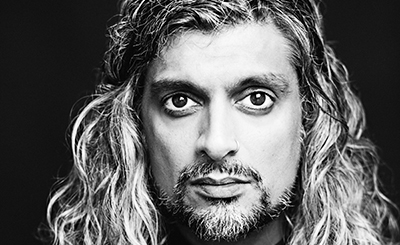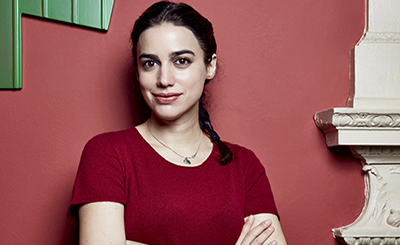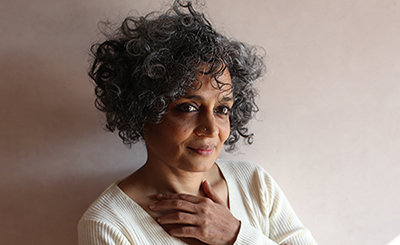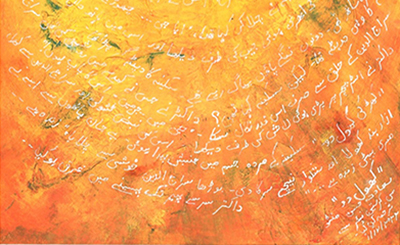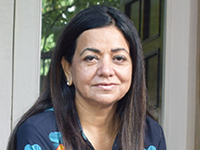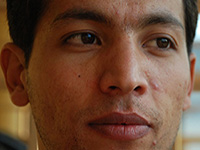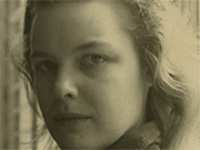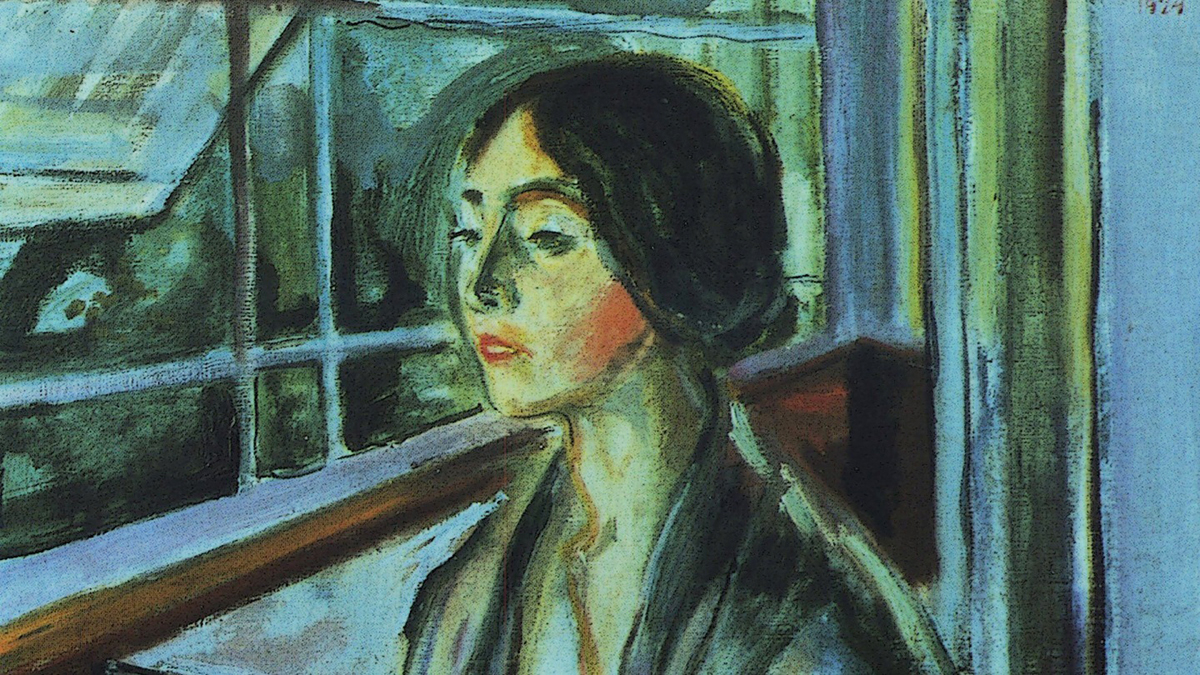
Edvard Munch’s “Woman on the Verandah”. 1924.
Aisha’s dream remained unbroken. It was one of those spectacular moments fringed with fright and vigor when your mind knows you are asleep, gone, and yet it migrates down its own tunnel of delusions and festivities. She was dreaming of fire again. She was dreaming of things catching on fire.
The old house. The big garden. The elementary school down the road. Her dead twin’s face and hair. Flames: red, orange, blue, eating the dressing table and melting the turquoise wallpaper. Smoke: grey, white, thick, billowing out of the windows and into the air, choking her sister, squeezing her lungs.
When Aisha woke up, she was drenched in sweat. Her breath rasped in her throat. She took a sip of water on her bedside table and placed a hand over her chest to feel her pounding heart and then, cradled her belly to soothe the baby. It was little, but it was there. The doctor told her so. It had only been twelve weeks since she had found out she was pregnant again. Missing her period was a normal thing since she was thirteen. Now she was thirty-four. She did not think anything when she did not bleed for three months until Dr. Salma reassured her that she was expecting for the fourth time.
Aisha did not know what to make of the news. Was she to rejoice or worry? The babies just did not stay inside her. They dissolved, slipped somewhere where all dead babies go. A heavenly orphanage for ghostly, unborn children. Into a crevice in the skies. A realm somewhere. The limbo. Aisha stopped wondering where.
Her husband Yasir slept next to her in bed. He snored and drooled on the new pillow cover, dreaming of things other than fire. She gave him a long, sulky look. He had always been a heavy sleeper. She had to wait the next day to tell him about the fiery dream.
Aisha turned on the lamp. It remained dark. The power was out. The room was silent without the whirring of the ceiling fan and the humming of the air-conditioner. She did not notice the silence before. She walked to the glass window that overlooked the garden and slid it open. A splendid gust of wind blew into the burning room. She stood there for a while, her hands clasped over her belly, looking at the dark foliage of trees.
There were rows of money plants in flower pots in the corner of the garden. It was a special request for the gardener. Her mother-in-law said that a money plant brought luck in lives, marriages, and bodies. Aisha needed it all. She needed all the money plants in the world.
Aisha lay back in bed and thought about her sister, Noor. She hated when she visited her in dreams or in the hallways of the house. It was a big house in the affluent Defence Colony in Lahore. Aisha and Yasir shared the space with his parents. Noor still managed to find Aisha in that vastness: in the garden, the bedrooms, in the crowded Liberty Market, and in her own reflection in the bathroom mirror. The same eyes, mouth, and hair. The same sister looking back at her.
Noor died two years ago. She doused herself in gasoline and set herself on fire after a row with her husband. It was a bad marriage. She wanted to leave but could not. Her husband said that if she did, she would lose the custody of both the children. She had no money or savings to raise the children. He asked her to quit her job when they married. He said it was his responsibility to earn for his family.
No one could tell Noor and Aisha apart when they were growing up. They had the same dark eyes and hair, and flat, lean bodies. They were both shy, reserved, ornate and gullible. The only thing that was different about them was their bodies. Noor bled each month.
Noor got married before Aisha. Their parents arranged both of their weddings.
Whenever Noor’s ghost visited Aisha in mirrors and hallways, it opened its mouth as if trying to say something. The ghost had no voice. Aisha never understood.
Suddenly, the room glowed from the light of the lamp. The fan started beating, and the air-conditioner started humming.
Aisha saw drops of blood on the bedroom floor. Spots that started from the foot of the bed and ended by the window. She swiftly sat up and pulled the sheets from her legs. Her shalwar and the cotton bedsheet were colored red.
“Ya Allah!” she cried in a hushed voice.
She rose and yanked the bedsheet from her side of the bed. The blood had penetrated deep inside the mattress.
She knew what it was.
She knew what had happened.
She did not want to say it.
Her heart pounded in her chest.
How is this possible? she asked herself. There had been nothing that time: no abdominal cramp. No announcement of any kind. Just a dream, and then, blood and blood. She hadn’t even felt it. The baby had quietly left her body, unceremoniously fled her womb, rejected her as a mother.
Her body was a home to no one.
Aisha rushed to turn off the lamp, and then drew the curtains so the light from the garden could illuminate the room. Yasir and his mother could not know. She had to clean the mess.
Aisha often wondered if the miscarriages occurred because of the strange dreams, or Noor’s ghost, or the anger she harbored at Noor for leaving her, or because of her incompetent cervix, as Dr. Salma explained. She had taken out her clinic notepad and a ball-pen to draw a picture. She drew a uterus shaped like a mango, and a floating baby with an umbilical cord. This was the closest Aisha had come to seeing a breathing, full-term baby inside her womb. It was a beautiful picture. She had saved it. Pulled it out of the notepad, folded it and put it in her Michael Kors bag — a gift from Yasir when he had found out she was pregnant the second time. There had been hope that time. He had taken her out for dinner.
“And then, there’s also IVF…” said Dr. Salma.
“I don’t know. I don’t know,” replied Aisha. “I’ll have to speak with Yasir.”
“Losing babies should not be a constant thing. It should not become a habit,” her mother-in-law had once said. “If it is, then we have a problem, Yasir. Don’t you think it’s a problem?”
Yasir and his father worried about who the family business would go to if there were no children. He was the only son. His mother often joked that Yasir could always bring in a new bride. A new, younger, and fertile bride. Yasir never replied to his mother. He neither confirmed nor denied if that was a good idea.
Aisha also wondered if the flippant remarks and Yasir’s passiveness had killed the third baby. Sometimes, she was certain that it had. He had been missing all through their marriage. Business trips with his father, and social gatherings with friends. Aisha felt like she had married his family, not him.
Aisha was still bleeding. Warm blood trickled down her legs, but before rushing to the bathroom to wash herself, she ran her fingers over the bedsheet. Her trembling fingers scavenged through each fold and crevice in the sheet looking for the lost thing.
A clot. A tissue. A piece of flesh. A baby. Her baby.
What does it look like?
She found it, and it was small. Unborn. Quiet. So still. It fit in the corner of her palm. It looked nothing like the baby in Dr. Salma’s picture. She brought it close to her ear.
Is the heart beating? Is it there?
It was not.
She caressed it with her thumb. It was translucent, pink and blue, and soft like velvet.
Aisha put her baby on a facial tissue on her bedside table and delayed her mourning for later. Fear had gripped her more tightly than grief.
She had to clean everything up first. That was more important.
Aisha locked the bedroom door and rushed into the bathroom. She tossed her blood-soaked shalwar in the tub and put on a clean trouser, underwear, and two sanitary pads. The blood had also stained the back of her kameez. She thought she could change that later.
Aisha squatted down to scrub the bedroom tiles with a towel and hot water.
The bed was a mess. She wanted to burn it, and then herself. She looked for a clean bedsheet in the closet. She felt feverish and dizzy, but kept going on.
She muttered to herself. She did not have to tell anyone about the baby. She could play a game. She could have the baby shower her sister-in-law was planning. She could keep letting Yasir’s mother pray over her belly. She could keep going to Dr. Salma. She could pay her for her silence. And when the time would arrive, she could kill herself, throw herself off the balcony, or set herself on fire like Noor. They had always been similar. They could die the same way.
As Aisha carefully peeled the bedsheet from under Yasir, she looked down at him sleeping serenely. That was his whole existence. Serenity. Everything in that house moved around his survival and comfort. Everything was designed for him by his mother.
After Yasir graduated with his business degree, his father hired him in his real-estate company. His mother found him a beautiful bride. And after the bride could not bear children, she was going to find him another. It was as easy as that.
“There’s a reason Islam allows four marriages,” Aisha once overheard her mother-in-law telling Yasir.
“Hmm,” he replied.
“I’m not an old car or piece of furniture that you can replace and upgrade!” Aisha said when she and Yasir were alone in their room.
“Hmm,” he said.
Aisha kept looking down at Yasir. She detested him in that moment. She hated everything about him. The big house. The big garden. The big car. The serene, fireless slumber. She wanted to smother him in his sleep. Break the flower pot with the money plant on his head and escape.
No, not escape, she thought, but stand there by his body so his mother could see it when she pushed open their bedroom door in the morning to wake them up.
Aisha washed the stains in the mattress with a mixture of cold water and shampoo. Then, she put a new bedsheet on her side of the bed and underneath Yasir in such a way that he would think that it had slipped from beneath him when he was turned in his sleep.
She lifted the baby from the bedside table and rushed to the garden, barefoot. As her fingers dug the little grave in a flower pot, she finally wept.
How big should the grave be? She asked herself. Small. Very small. It was too much work. Her body gave up, and she collapsed on the grass. Her eyes fixed on the dark skies, her body motionless and still. She felt she was falling, falling into a well, into fire, into a dark womb.
Nothing about her that was her had remained anymore. Who was she? She was merely a pile of ash. A shadow in a big house. That deadened, brown leaf in the moneyplant. Yasir’s infertile wife. A dead sister’s reflection.
There was rustling in the garden. A sudden rush of air and subtle commotion. She had found Aisha. Noor’s ghost had found Aisha again.
Aisha lay on her back and looked up at Noor’s silhouette. She bent down and whispered something in Aisha’s ear. Aisha closed her eyes and heard Noor’s words clearly.
When Aisha woke up, dawn was breaking, and the baby was already buried in an unmarked grave. She peeled herself off the ground and walked back to the house. The servants were going to arrive soon.
Aisha carried everything back with her to the bedroom: the ghost, the empty belly, the absence, the blood, the shortness of breath, the chills, the paling, the secret, and the sunless sky.
Yasir sat on the bed, groggy and foggy-eyed. His hair was the only thing that was messy in that spotless room.
“Where did you go?” he asked. “Did you go to get more water from the kitchen?”
Aisha quietly turned around and began to fish for a new kameez from the closet.
Yasir’s eyes went on the blood stain on the back of her kameez. The bright red had become russet brown. He was not sure what to think or say, so he asked, “What happened?”
Aisha opened her mouth to answer but could not. She was exhausted. Burnt. Gone. He was not worth answering to.
“What happened?” he asked for the second time.
“A murder,” she replied. “Your mother killed me four years ago when she chose me for you,” she replied.
“What?”
“I was a teacher before I met you, and I was happy.”
Yasir looked perplexed. Nothing made sense to him.
“I’m leaving you. I’m leaving this house.”
Yasir’s eyebrows knitted in confusion. His mouth was open, but he did not say anything.
Aisha looked at herself in the bathroom mirror. Tired eyes. Flecks of gray in her hair. She had aged sooner than she was supposed to.
She showered with hot water and washed the blood off herself. While in the shower, she rinsed the stained shalwar and bedsheet, clinging the fabrics tightly to her chest.




